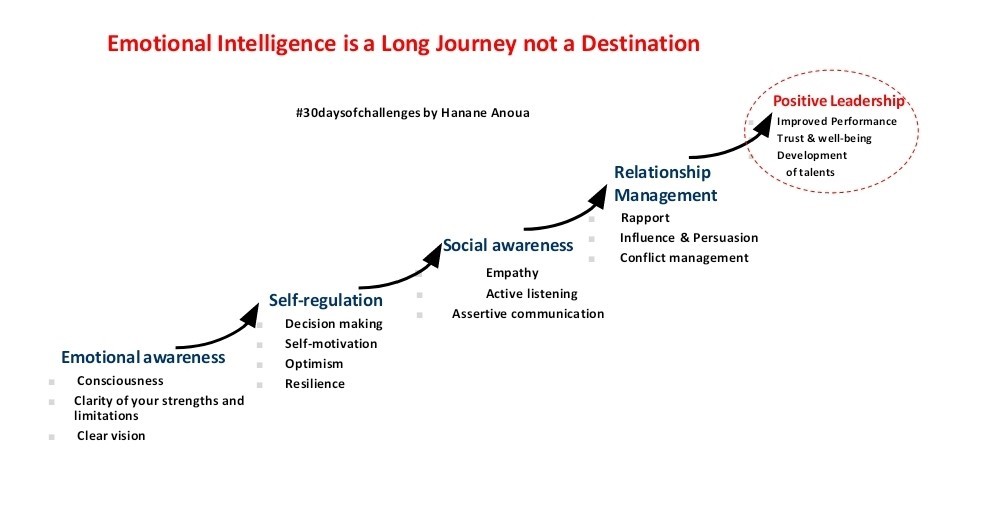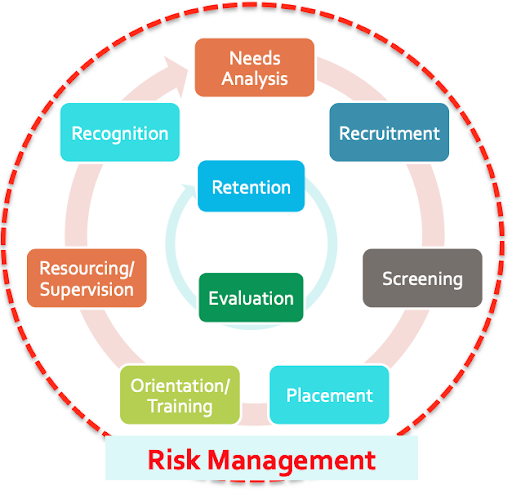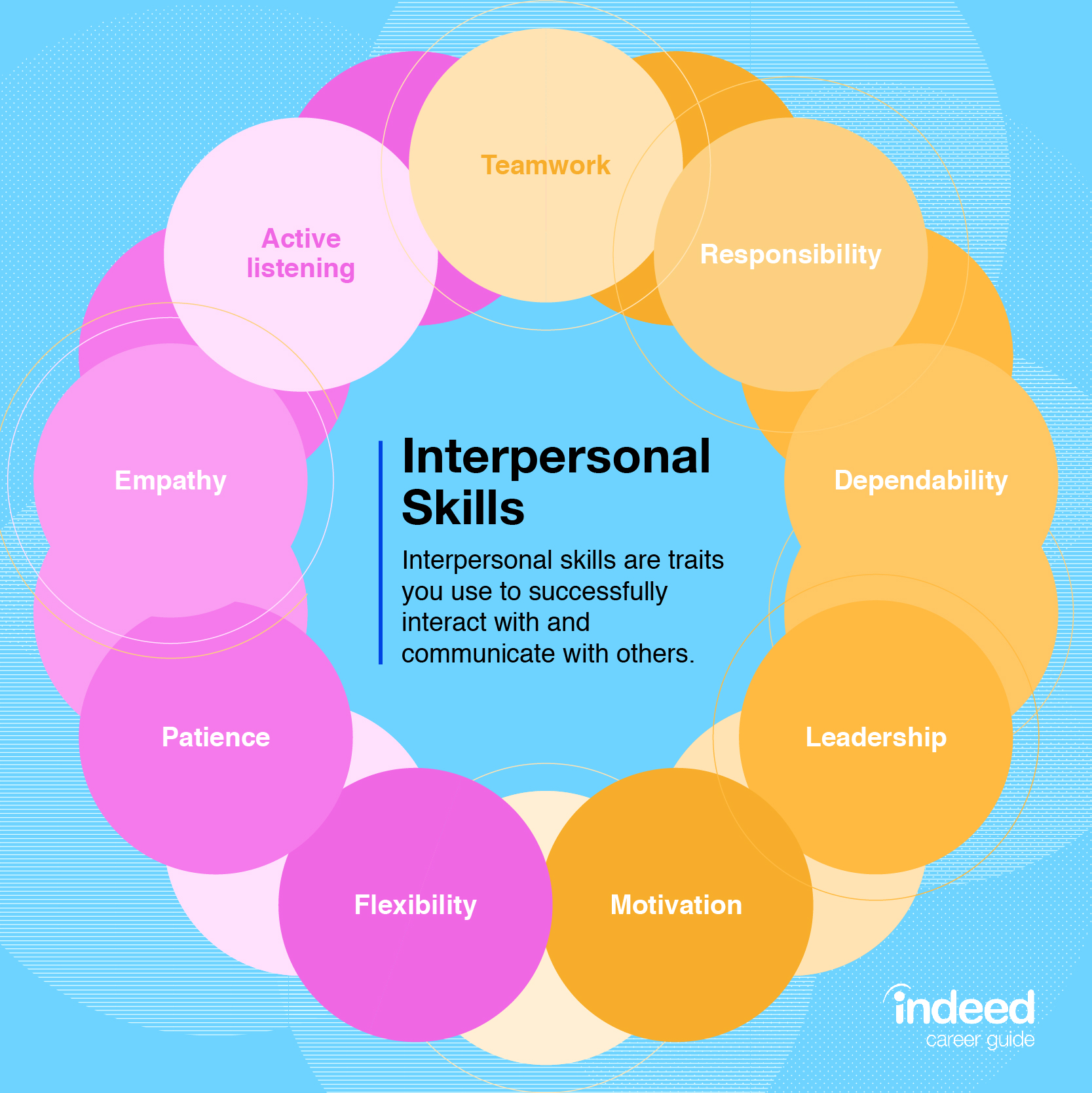Stress is an inescapable aspect of our lives, but that doesn’t mean it should control us. Practicing resilience is key for personal development and leading a fulfilling life. Building resilience involves identifying negative patterns and implementing strategies to manage them. This blog post aims to outline 5 effective strategies for managing stress and building resilience.
1. Practice Mindfulness
Mindfulness is the act of being fully present and engaged in the moment. It involves focusing on your thoughts, sensations, and surroundings without judgment. Mindfulness has been proven to reduce stress and increase overall well-being. There are many ways to practice mindfulness, but one of the most popular and effective methods is meditation. Take some time every day to sit quietly and focus on your breath. With practice, you’ll find it easier to manage stress and control your thoughts.
2. Exercise Regularly
Exercise is not just great for your physical health, but also your mental health. Regular exercise releases endorphins, the feel-good hormones that reduce stress and increase happiness. It also helps to regulate sleep patterns and reduce anxiety. Find a physical activity that you enjoy, whether it’s running, swimming, dancing, or weightlifting, and stick to it. Even 30 minutes of exercise per day can make a big difference in how you feel.
3. Connect with Others
Humans are social creatures, and social support is essential for resilience. Make an effort to connect with others regularly, whether it’s family, friends, or colleagues. Share your experiences and emotions with others, and listen to theirs. Talking to someone supportive can help you put things in perspective and reduce stress. If you don’t have a strong support network, consider joining a group or volunteering for a cause that you care about.
4. Set Realistic Goals
Setting goals is important for personal development, but setting unrealistic goals can be discouraging and counterproductive. Break down big goals into smaller, achievable tasks. Celebrate small successes along the way. This will help you stay motivated and focused on what’s important. Also, learn to differentiate between what’s within your control and what’s not. Focus on the things you can control, and let go of the things you can’t.
5. Practice Self-Care
Self-care is the act of taking care of your physical, emotional, and mental well-being. This includes getting enough sleep, eating healthy, practicing good hygiene, and doing things that make you happy. Taking care of yourself can reduce stress and help you cultivate self-compassion. Make self-care a priority in your daily routine, and don’t feel bad about taking time for yourself.
In conclusion, managing stress and building resilience are key components of personal development. Practicing mindfulness, exercising regularly, connecting with others, setting realistic goals, and practicing self-care are all effective strategies for achieving resilience. Remember, building resilience takes time and effort, but the rewards are well worth it. Start with small steps and be patient with yourself along the way.











